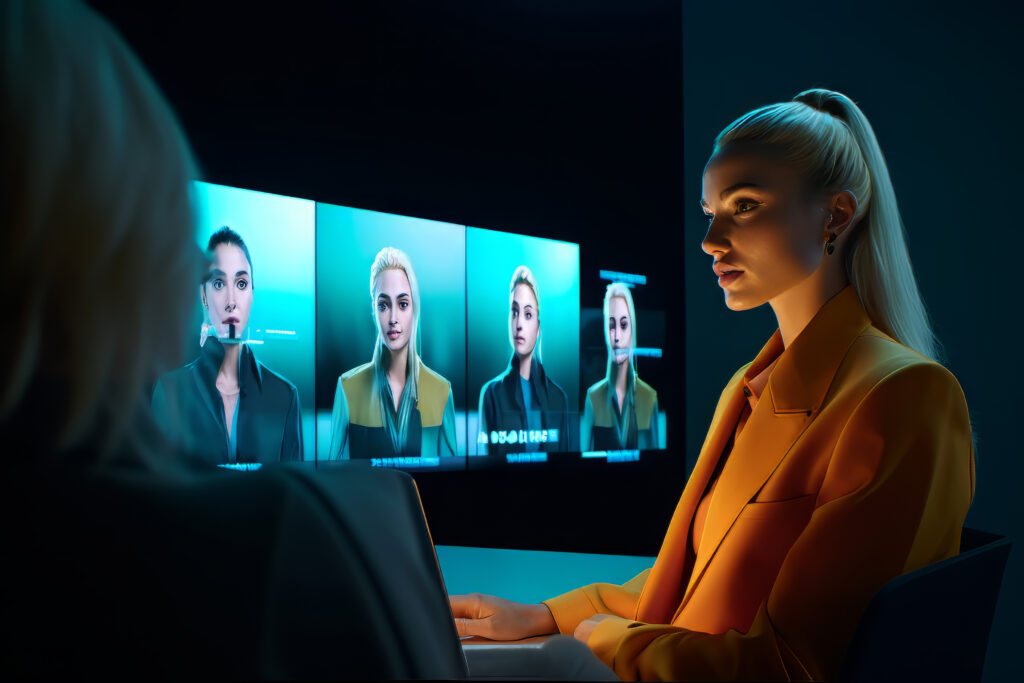
As AI technology advances at lightning speed, the lines between digital tools and human colleagues are beginning to blur. Picture a future where your next colleague isn’t human but a digital entity with distinct rights, responsibilities, and even legal personhood. This isn’t just science fiction—it’s a concept rapidly gaining ground as a new category known as the “Virtual Person.”
Dr. Siamak Goudarzi, a lawyer and thought leader in the AI and technology space, is pioneering this groundbreaking legal framework. The idea of a Virtual Person goes beyond simple AI or automated systems. Unlike traditional AI tools, which are extensions of human programming, a Virtual Person could have its own identity, recognized rights, and responsibilities under the law. This unique category is designed to accommodate AI entities with advanced capabilities, potentially allowing them to function as independent entities within society.
Why do we need Virtual Persons? In a world increasingly reliant on AI, the limitations of existing legal frameworks are becoming apparent. As AI entities start to make complex decisions, perform high-stakes tasks, and even interact with people in deeply personal ways, we need new rules and safeguards to guide their behavior. The Virtual Person framework provides a blueprint for how to integrate these advanced digital entities into our professional and social structures responsibly.
But what does this mean for us? Imagine collaborating with a Virtual Person who has expertise in areas like customer service, data analysis, or project management. They could assist you, make independent recommendations, and take on complex tasks—essentially operating as a new kind of colleague.
Dr. Goudarzi’s vision isn’t about making machines more “human”; it’s about creating a future where AI entities can operate as recognized individuals in their own right, contributing to the workforce while respecting the boundaries and ethics we hold dear. This idea, though radical, opens up unprecedented opportunities for innovation and productivity, while posing questions about how we define identity, agency, and rights in an AI-driven world.
Stay tuned as we delve deeper into what the emergence of Virtual Persons could mean for our workplaces, our legal systems, and our everyday lives. The future is closer than we think, and it might just include a Virtual Person working right beside you.